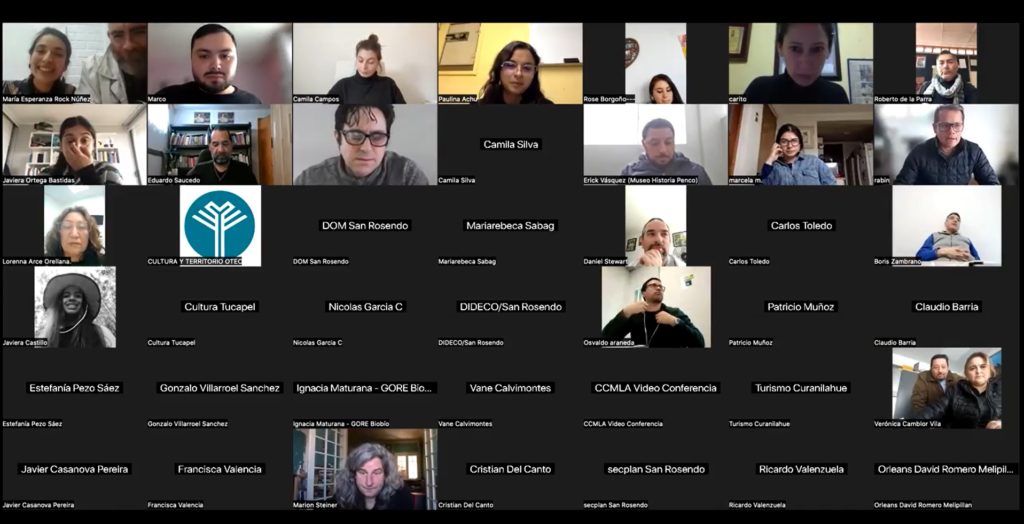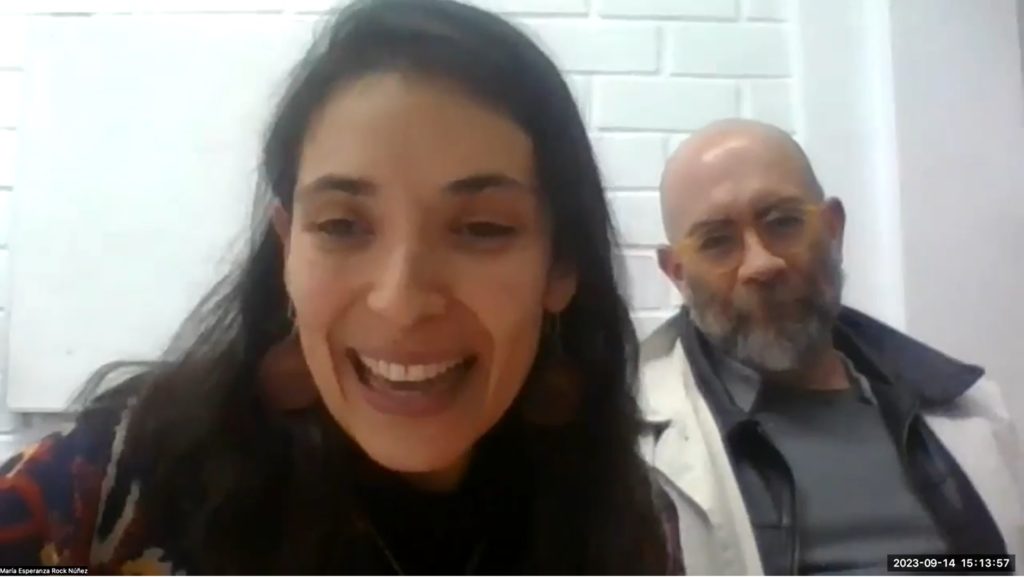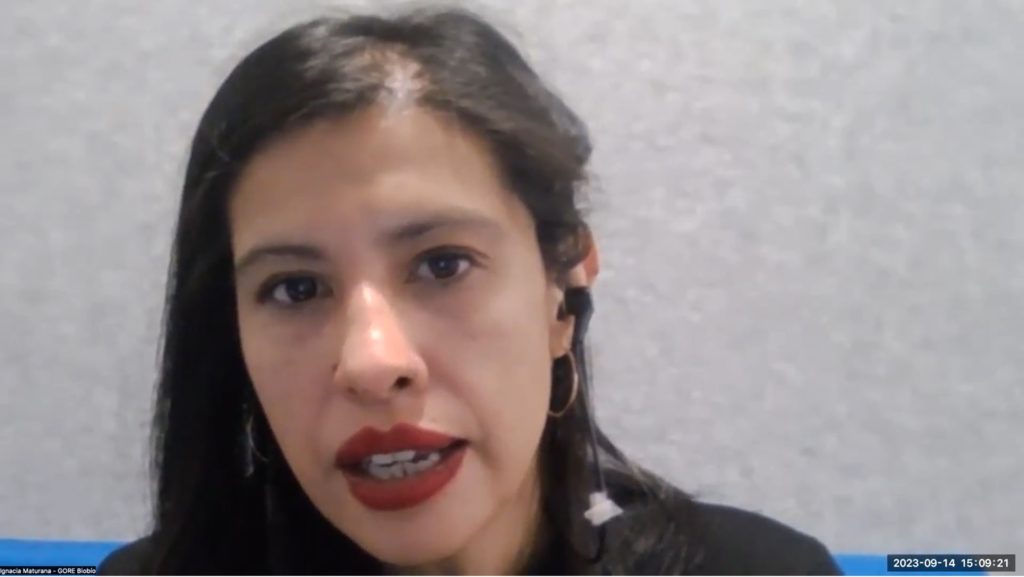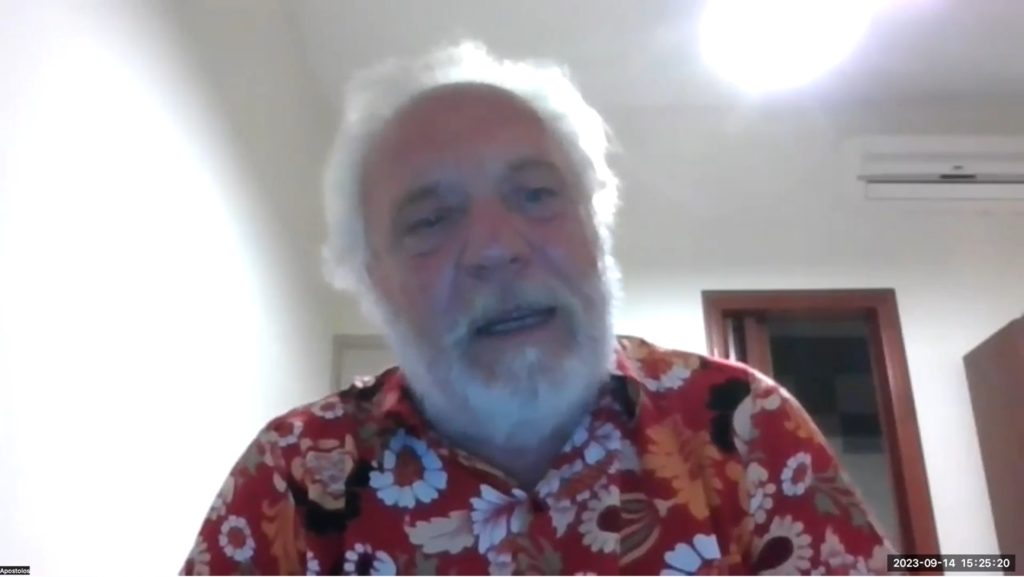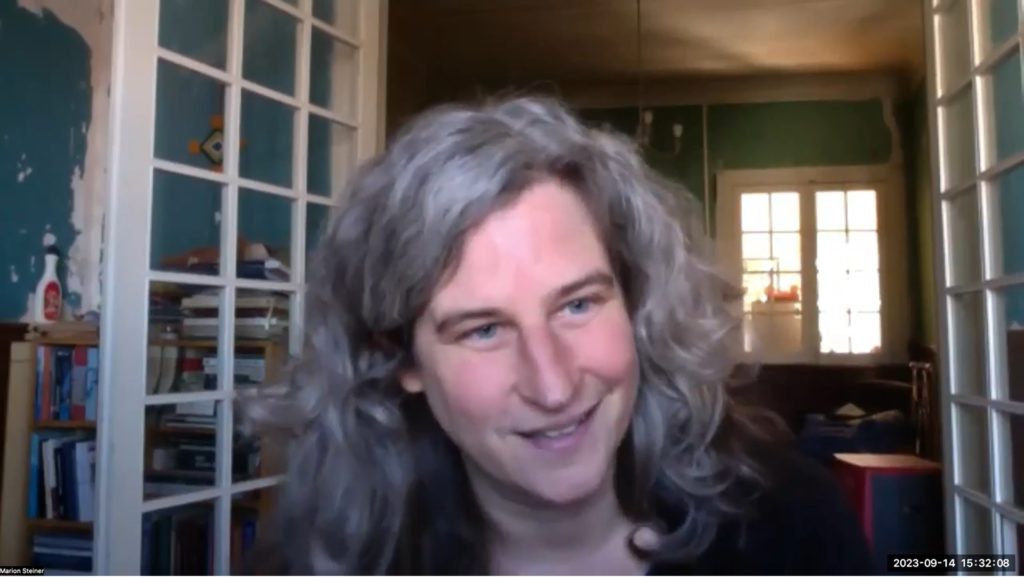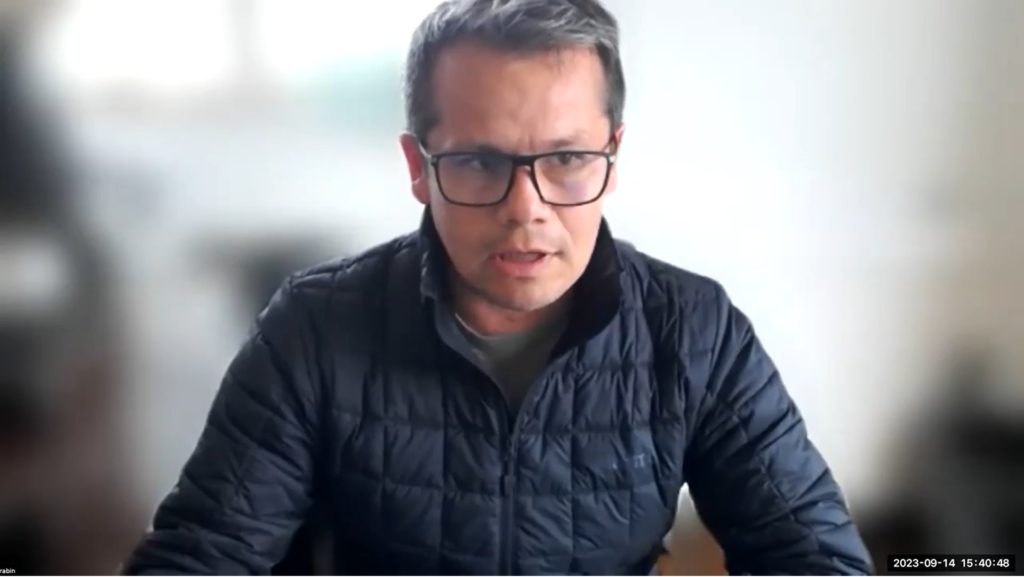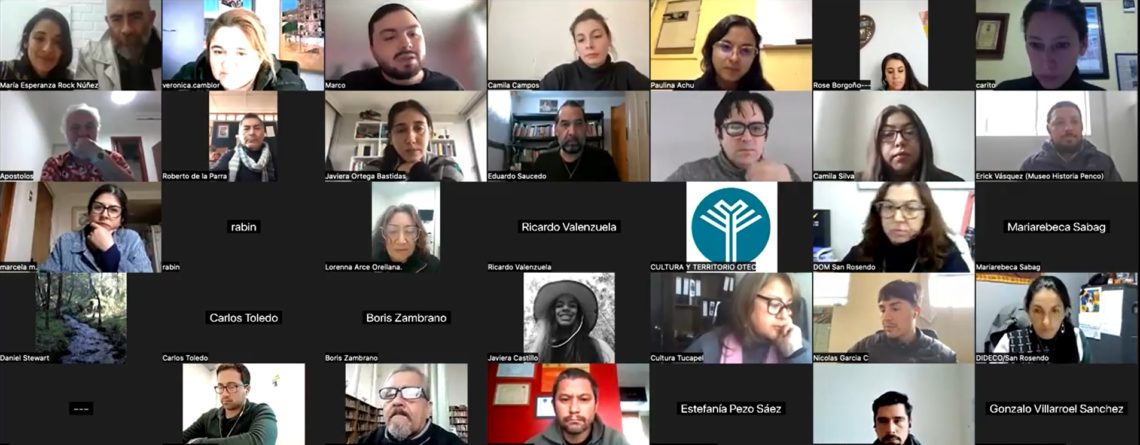With great success, the “Diploma in Collaborative Methodologies for Heritage Projects with a Critical Approach” began in Concepción
The “Diploma in Collaborative Methodologies for Heritage Projects with a Critical Approach” was inaugurated with more than 30 participants from the 33 municipalities of the Biobío Region. On the first day, the participants learned about the program in detail and heard a few words from the team of international teachers.
The objective of this diploma is to provide the theoretical and practical tools necessary to address the management and development of heritage projects from a critical and decolonial perspective, allowing students to work closely with local communities, generating a tangible impact on the conservation and revitalization of industrial heritage as a valuable asset for the Biobío.
During the welcome session and start of the activities, Esperanza Rock, coordinator of CREASUR, highlighted the importance of the event to generate work and collaboration networks, affirming that “is a nice opportunity to think and co-think about how we project our heritage legacies in our communities”. He also offered words of motivation for the students: “Atake advantage of their professors, who have long careers in their fields and are totally willing to listen, share and learn from each other”.
The diploma course, part of the program “Strategies for the Transformation of Industrial Heritage into Regional Assets”, is financed by the Biobío Regional Government, developed by CREASUR and certified by OTEC Cultura y Territorio. It is also sponsored by the Master in Architectural Heritage Intervention of the Faculty of Architecture and Urbanism of the University of Chile and is nationally accredited by NCh#2728.
Ignacia Maturana, in charge of the Heritage, Arts and Culture Unit of the GORE and on behalf of the Regional Governor, said: “We are pleased to announce that we have been able to develop a new project in this area.What we can do from now on and from ourselves is to learn to collaborate, to weave networks, to work together to rescue the heritage and to value what the communities themselves tell us is valuable. That is why this The program and diploma program are so important, because they are part of a concrete territoriality with the actors involved there and generate this space to continue working on the challenge of saving the region’s industrial heritage”.
This totally free and innovative training program is aimed at public service employees, heritage project managers, cultural managers, academics, museum officials and directors. It will be developed in a hybrid manner until December 18, with the presence of academic experts in heritage from Italy, Mexico, Bolivia and Germany, in addition to Chilean professors.
Participating organizations and institutions include the tourism, culture and/or heritage units of several municipalities, museums, the Sewell Foundation, EFE, SERVIU Biobío and the National Heritage Service.
More details at https://www.creasur.cl/programa-gore/diplomado/
